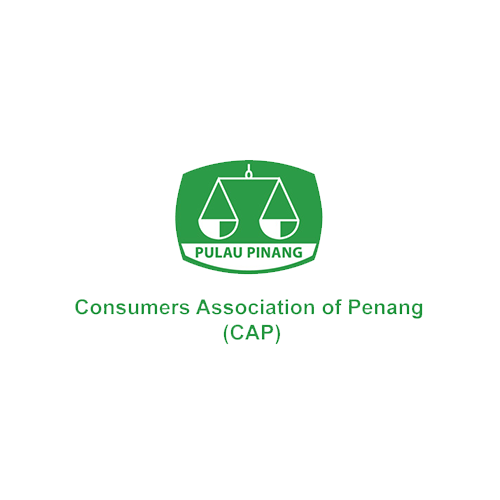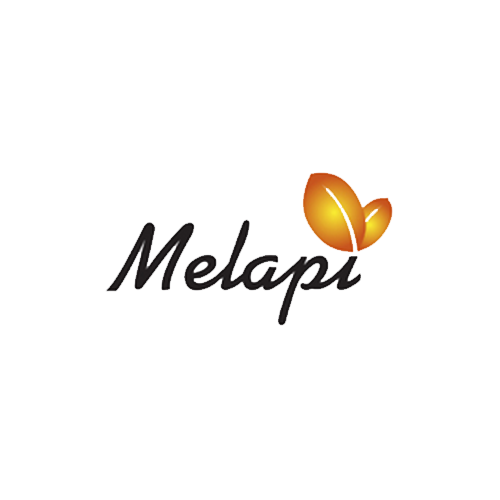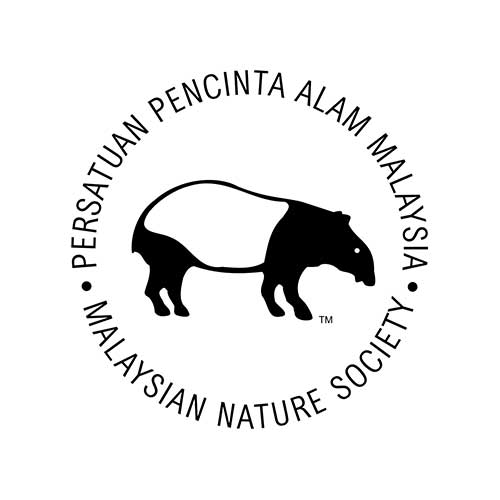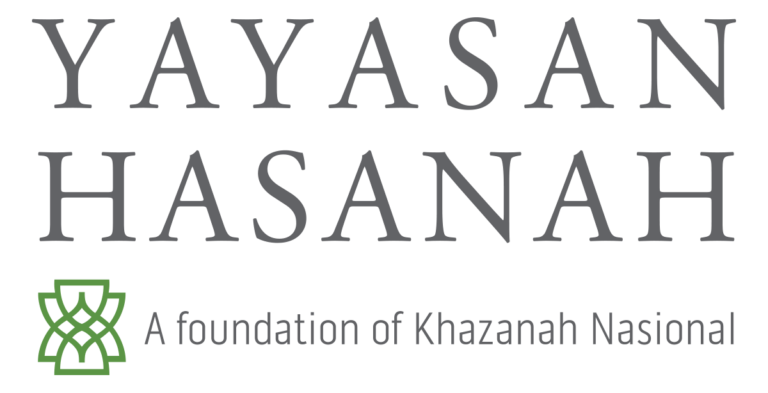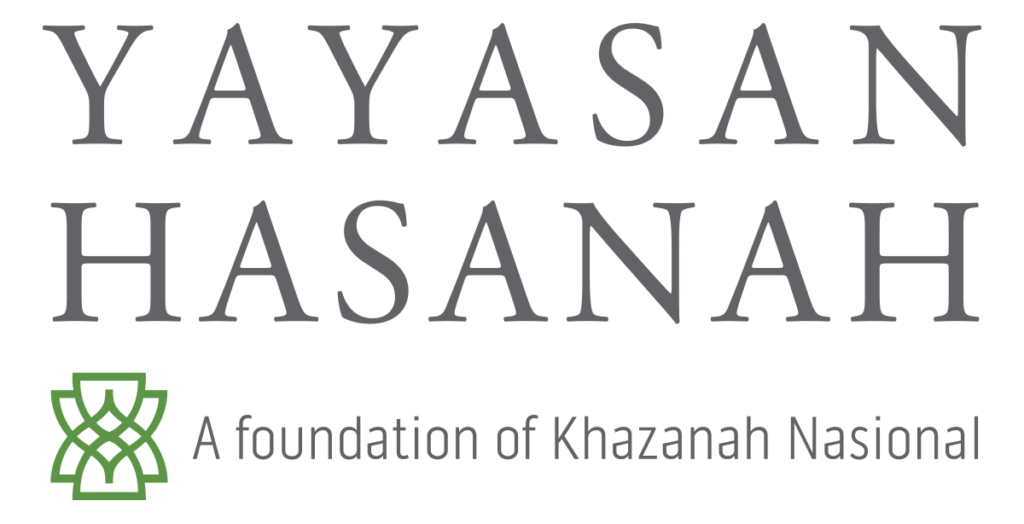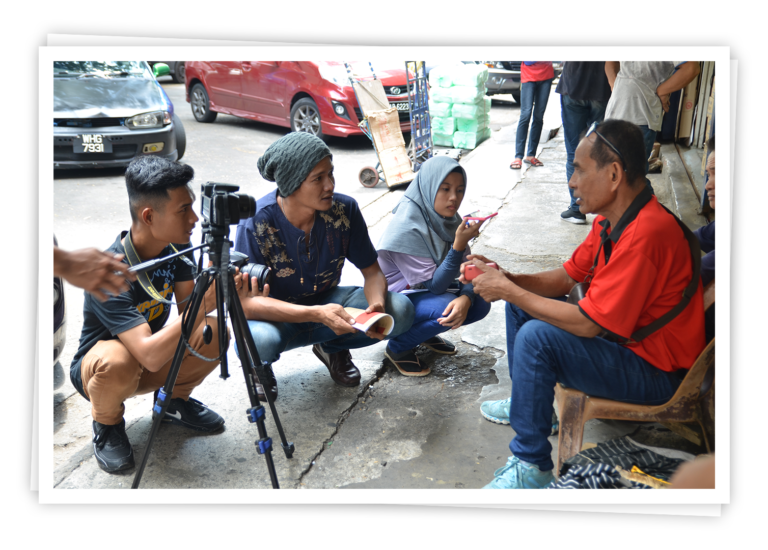
MELAPI is a Sabah-based non-profit organisation aimed at connecting people and nature, promoting sustainable living and celebrating the rich cultural heritage of Borneo.
Each year, MELAPI organises the Borneo Eco Film Festival (BEFF) – a celebration of environmental and cultural films that gives a voice to local film makers, activists and environmentalists. It is the only film festival of its kind in Borneo and last year was its eighth year running.
The bulk of the films screened at the 2018 BEFF came from the Suara Community Filmmaking, its flagship training programme. It encourages Sabahan filmmakers to create films from their own perspective, to tell the stories that matter to them and their community, and to share these stories with their fellow Malaysians and the world.
In 2018, MELAPI’s community filmmakers – both beginners and intermediate – produced a total of 15 films, the greatest output from the Suara Community Filmmaking programme since 2011.
Faijan Mustapah is a filmmaker whose journey with Suara has spanned seven years. Hailing from Batu Puteh, Kinabatangan, Faijanjoined Suara as a budding artist with a passion for storytelling. Since his journey began, his confidence has grown and he has developed a critical eye in the art of community filmmaking.
Filmmaking started out as a hobby for me. I joined Suara because it was community-based and gave us a chance to learn a new skill (filmmaking). But it has become more than that for me. It gives rural communities a voice, with which we can tell stories to be shared to the greater public.
Faijan Mustapah
-Filmmaker
Genre: Horror is one of the films Faijan was working on.
In 2018, Faijan officially became a full-fledged trainer and began sharing his production skills with other Suara teams during on-site tutorials and workshops.
Having transformed his hobby into a full-time project, Faijan is more committed than ever to see that Suara continues its mission of supporting local filmmakers.
We have so many important stories to tell. I hope the Suara programme will continue for years to come as a platform for community stories to be shared. For as long as I have this opportunity, I will continue to share my knowledge and skills where needed.
You can watch more videos from the suara community here!
Although it is in the national curriculum, learning how to take care of the environment has usually taken a back seat in classroom activities. This is an ongoing issue that Hasanah is continuously working to rectify through supporting the work of its partners in environmental education programmes.
Over the past year, Hasanah has worked with various partner organisations in Peninsular Malaysia to make environmental education more engaging and meaningful for both teachers and students.
These partners, specialising in different areas of environmental outreach, collectively contributed to making environmental education exciting for the students, sparking an interest in them to make a difference in their own way and explore opportunities to help out in conservation of our environment
GOING GREEN
Most of the programmes taught the students how to reduce waste or conserve energy, or how they can inspire their parents, friends and neighbours to adopt greener practices at home.
One such programme was run by the Consumers’ Association of Penang (CAP), a non-profit organisation dedicated to consumer advocacy and education. CAP, with the assistance of a solid waste management company in the northern region E-idaman, reached out to schools and helped them set up waste collecting systems that were not only fun for the students but profitable as well.
“I learnt that selling recyclable things can help make money and also save the environment. I am so happy and excited about doing this [project],”
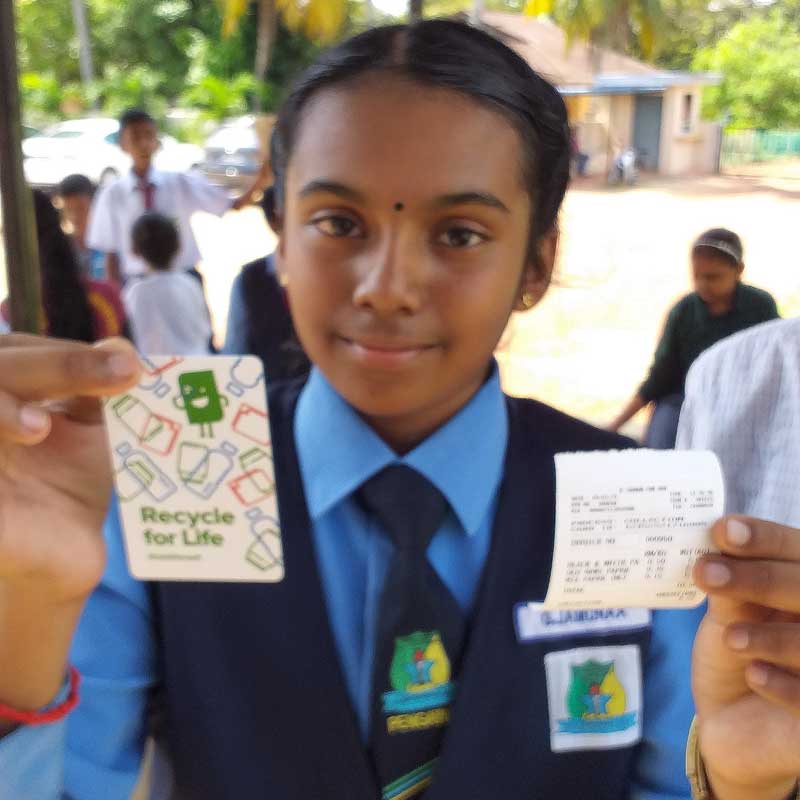
Another project supported by Hasanah is the iG-HOME Inovasi Rumah Lestari, a collaboration between PINTAR Foundation and Universiti Kebangsaan Malaysia. The project started in 2017 and Phase Two was rolled out last year, involving 17 schools and 33 teachers.
Under the iG-HOME programme, environmental systems were developed in participating schools, ranging from recycling, organic composting, biogas generation, rainwater harvesting and green roofing. Through interactive classroom activities, both students and teachers became more aware of environmental issues and the benefits of sustainable living.
“As teachers, we should take this knowledge and make it our responsibility as educators to teach our students about the issues of proper garbage disposal and the environment,” recalled Nurul Akmaliyah Binti Mohd Ani, a teacher at SMK Tunku Bendahara.
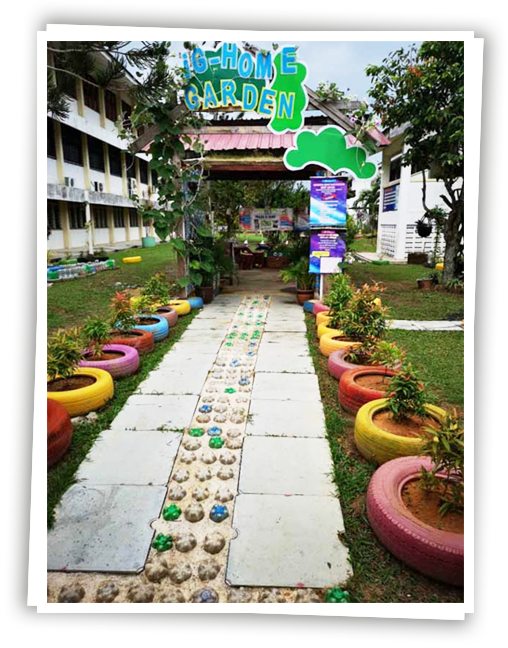
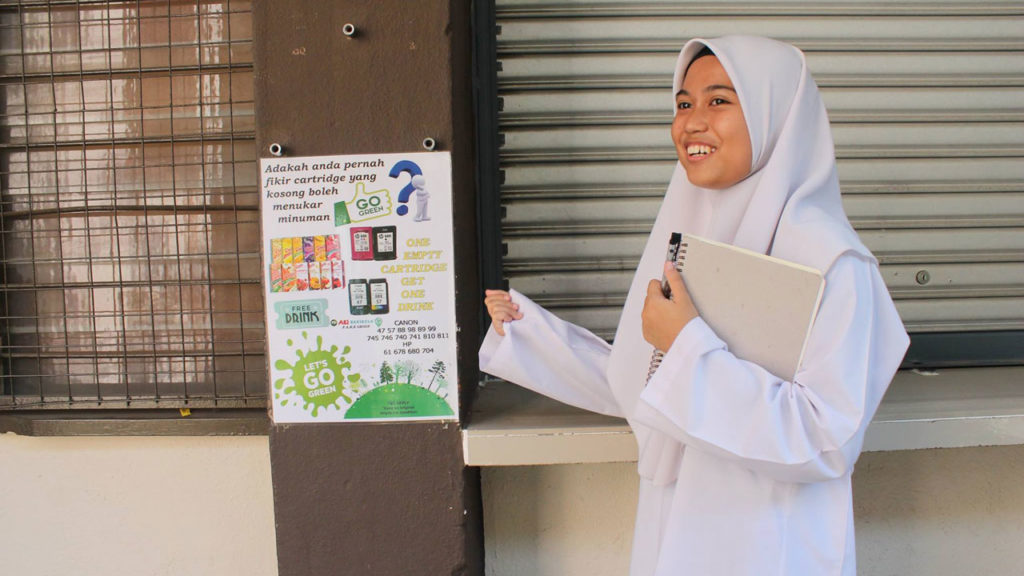
Hasanah’s project with Yayasan Hijau ran along a similar line. Yayasan Hijau Malaysia was established in 2014 as a not-for-profit foundation to educate youths on the importance of living a sustainable lifestyle.
Under the Sekolah Tunas Hijau: Ke Arah Pembentukan Amalan Hijau dalam Kalangan Warga Sekolah programme, students were taught to conduct outreach activities and behavioural change strategies to reduce their schools’ carbon footprints in the areas of energy, water and waste.
Most of the students came from low-income families and had little exposure to sustainable living. Despite their lack of experience, they responded with enthusiasm and actively competed to have their school named as the greenest school in the Sekolah Tunas Hijau programme. Most of the schools recorded reductions in either energy consumption, water consumption or waste.
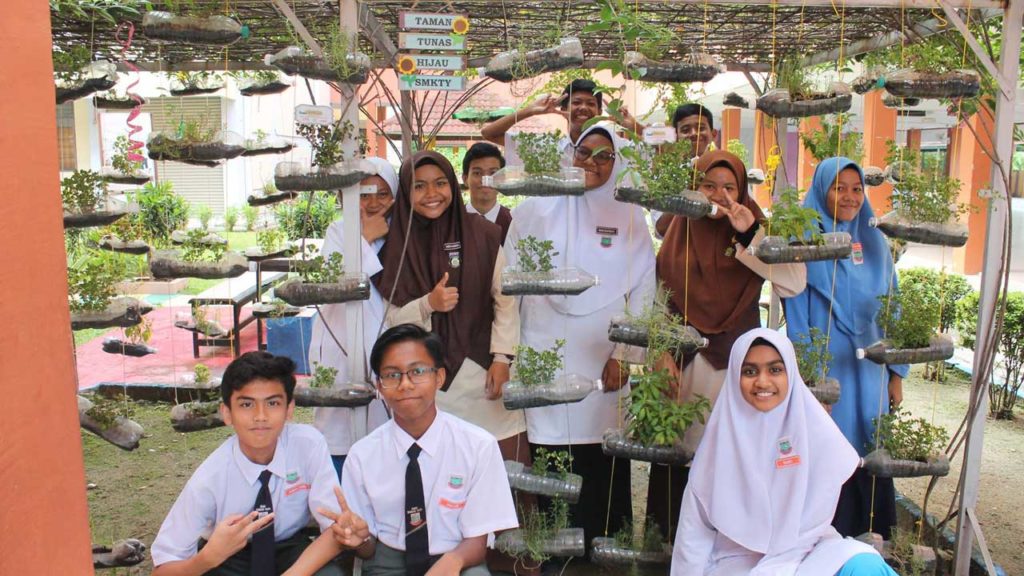
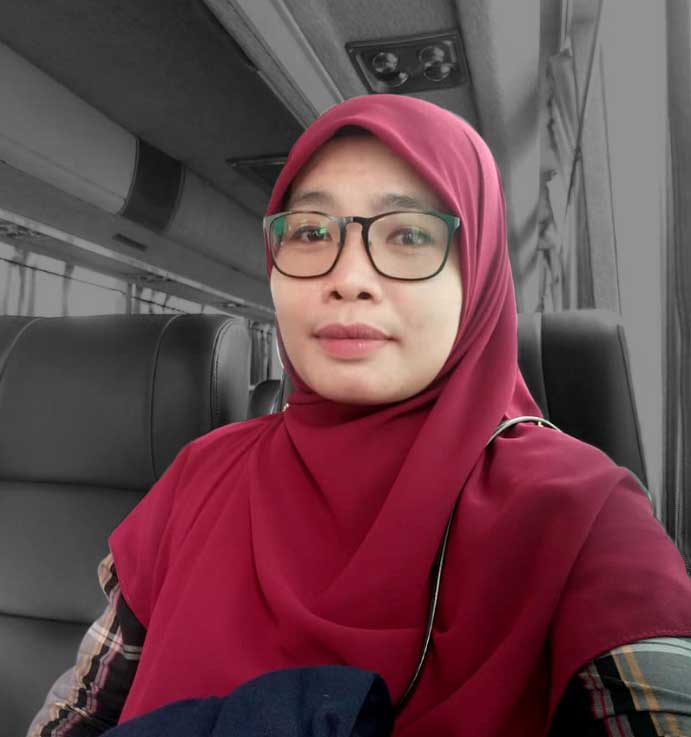
“I am so grateful we were enlisted as a participant even though we came from a People’s Housing Project school area. I even had a shock when I was told that we were in the top five! This is a huge achievement for us and proves that we could achieve this regardless of our school status and where the students come from,”
Yuasliza binti Awang Noh, the lead teacher from SMK Padang Tembak for the Tunas Hijau team.
Going beyond the classroom
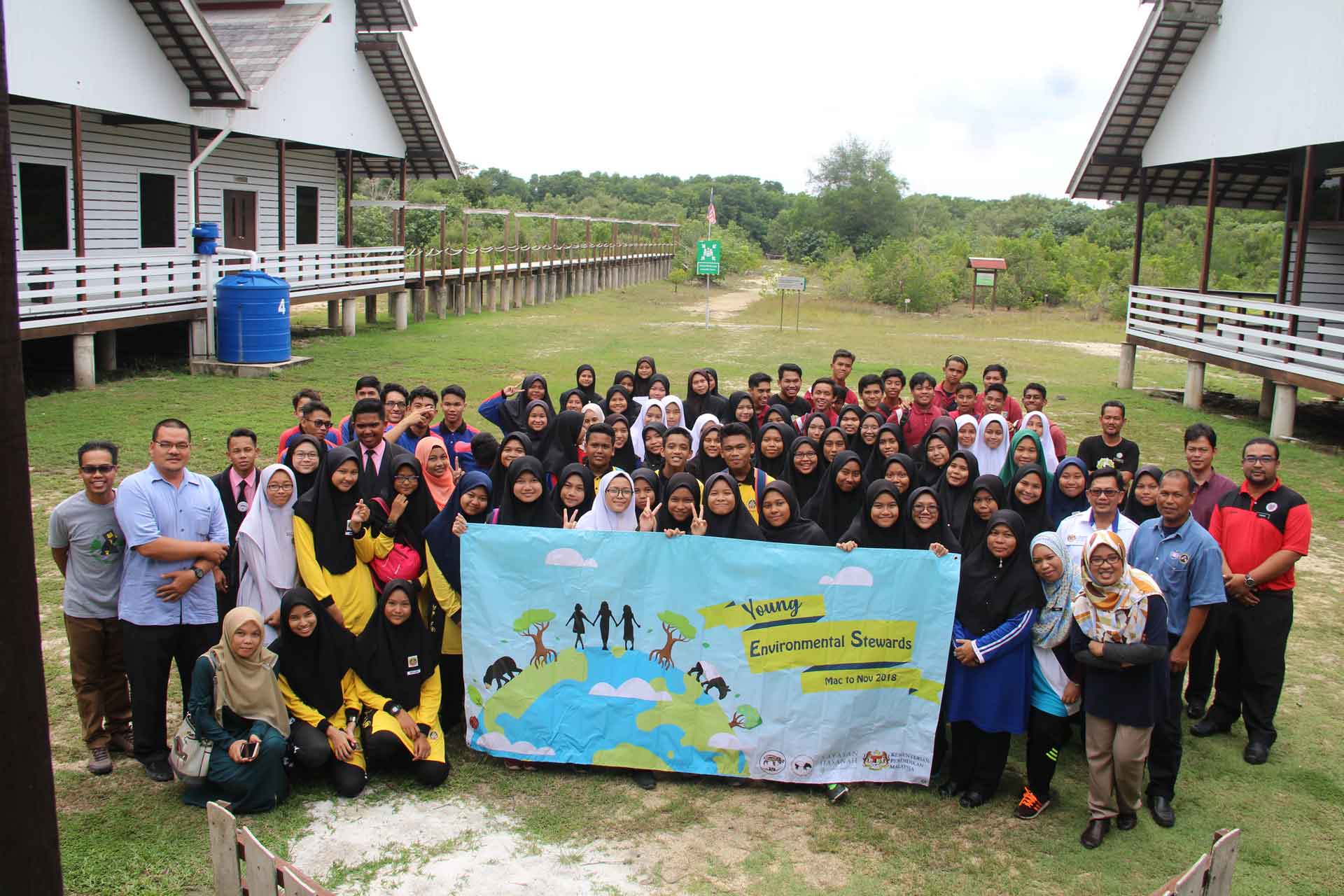
The Malaysian Nature Society took a different approach to environmental education by immersing students in actual conservation work through the Society’s Young Environmental Stewards Programme.
Funded by Hasanah, the programme provided high school students with hands-on experience using conservation tools such as GPS trackers, camera traps and mangrove plots.
Venturing into the field with the Society’s researchers gave the eager students a taste of the challenges faced by conservationists while teaching them to take responsibility as custodians of nature.
For Nur Aleiya Natasha Badrulhisham from SMK Rantau Panjang, “the biggest benefit was the knowledge sharing session because I shared what I learned with my fellow Kelab Pencinta Alam friends who did not join the programme. I also gained new information about the mangrove ecosystem and learnt to manage a team through all the group tasks we performed.”
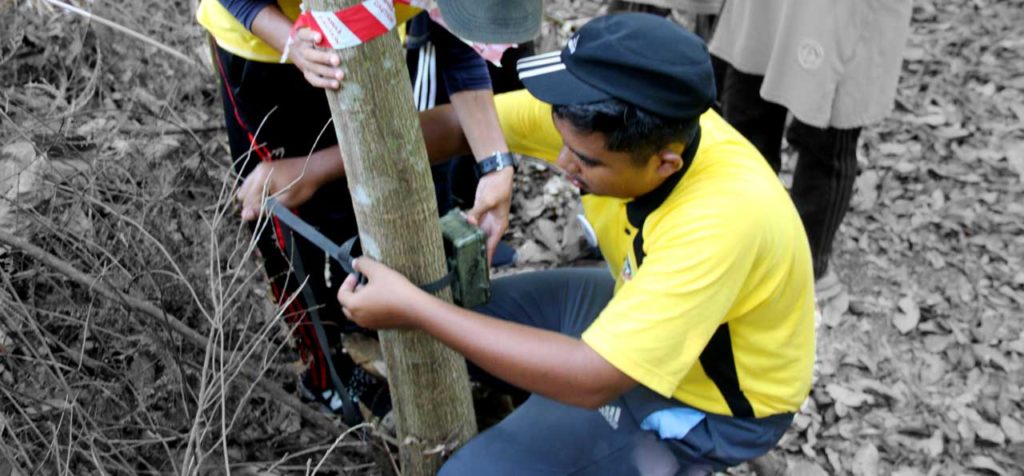
EMPOWERING THE YOUNG

Educating students is a vital step to create awareness about conservation and environmental issues. The next step would be to encourage them to take charge of their own projects and apply what they have learned to make a change in their society.
That was the idea behind MELAPI’s Young Leaders For Sustainability (YL4S) programme. MELAPI is a Sabah-based non-profit organisation aimed at connecting people and nature, promoting sustainable living and celebrating the rich cultural heritage of Borneo.
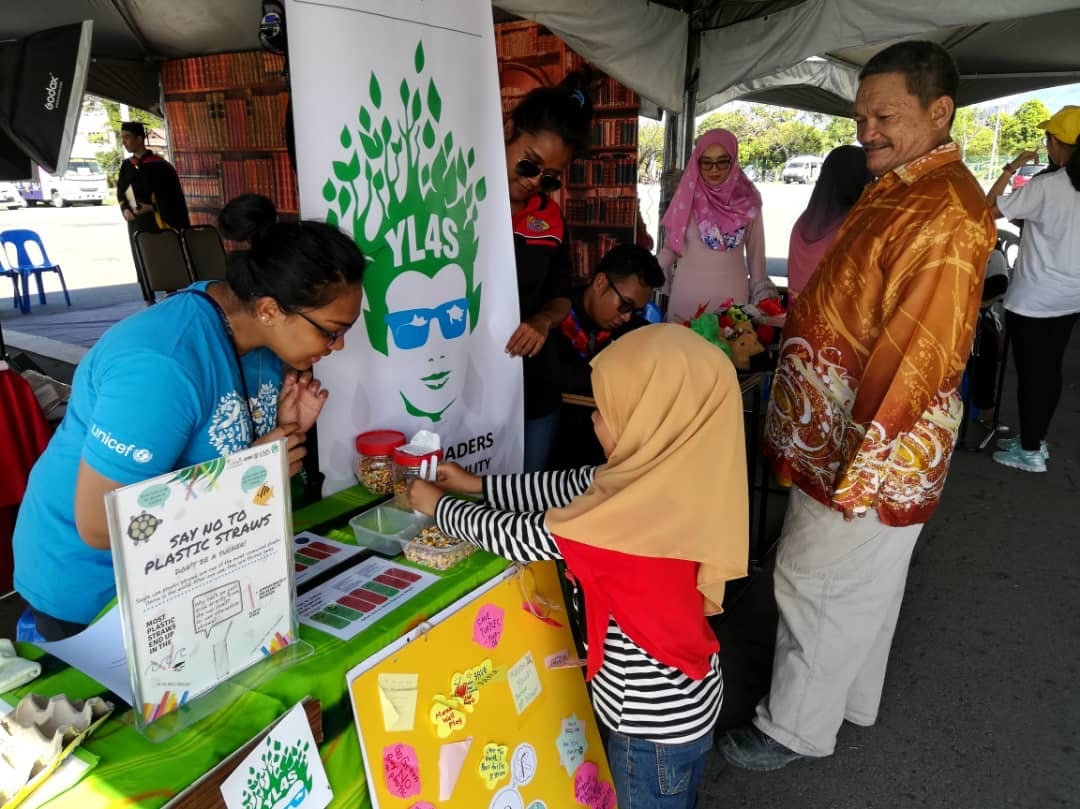
YL4S started in 2017 as a series of workshops designed to teach issues of sustainability to youth participants and inspire them to develop action agendas that addressed those issues. In 2018, three of those action agendas were successfully transformed into real-life projects, namely: ‘No Plastic Straw Campus’ at Universiti Malaysia Sabah, ‘Improve Waste Management at Pulau Gaya Through Youth Empowerment’ with SMK Pulau Gaya, and ‘Young Eco Ambassadors Green School Initiative’ with SM Lok Yuk.
From training volunteers to approaching cafes and persuading them to halt the use of plastic straws, the Young Leaders demonstrated resilience and ingenuity as they experienced real-life project management obstacles and found solutions using their own creative problem-solving skills.
Young Leader Nadine was one of the pioneers of the programme. Since she signed up as a freshman back in 2017, her knowledge of the environment has grown tremendously.
“YL4S is unique because it takes us beyond textbooks and the average classroom education. After almost two years as a member of YL4S, I am now leading a team of fellow Young Leaders to create a platform for secondary school students, empowering them to take positive action in taking care of the environment. It’s important that I pass on the legacy and knowledge to future generations of Young Leaders in Sustainability,”
-Young Leader Nadine
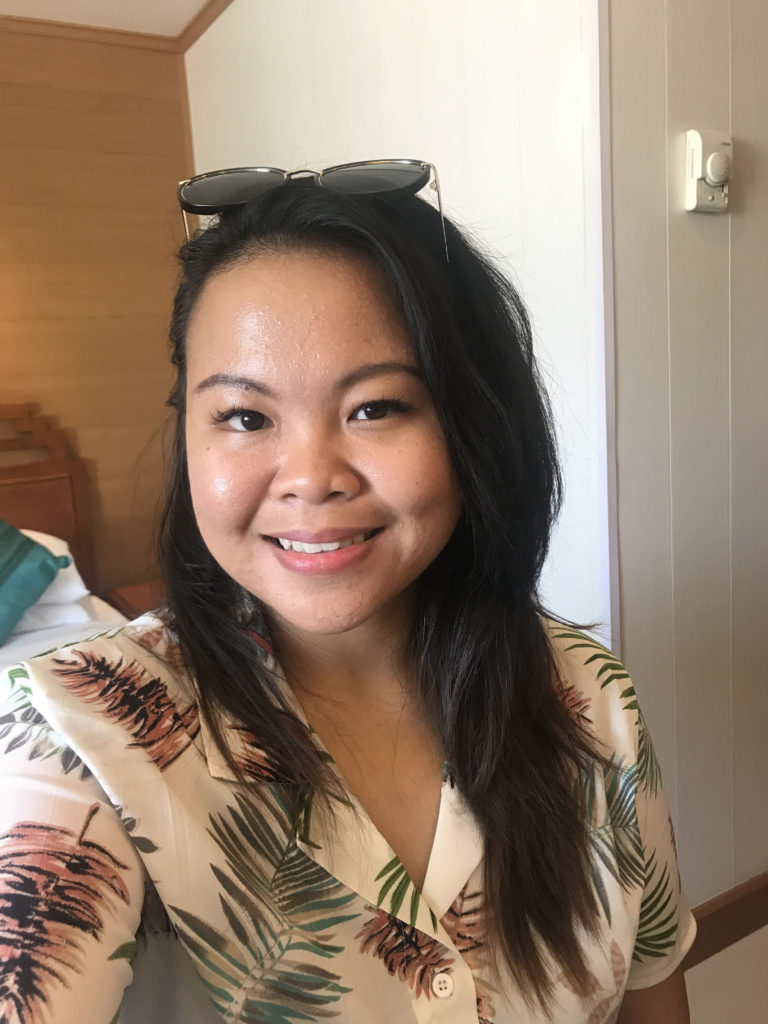
In total, a combined total of 89 schools, 173 teachers and 38,965 students were involved in Hasanah’s environmental education programmes for 2018. Hasanah is committed to expanding these programmes further in the hope that the next generation of Malaysians will have a greater understanding and appreciation for the environment.
PARTNERS
